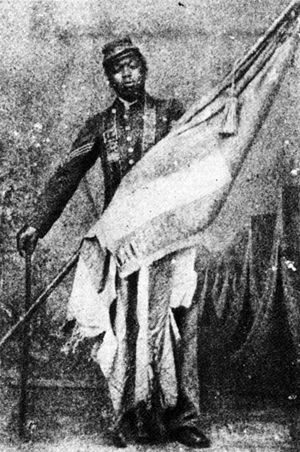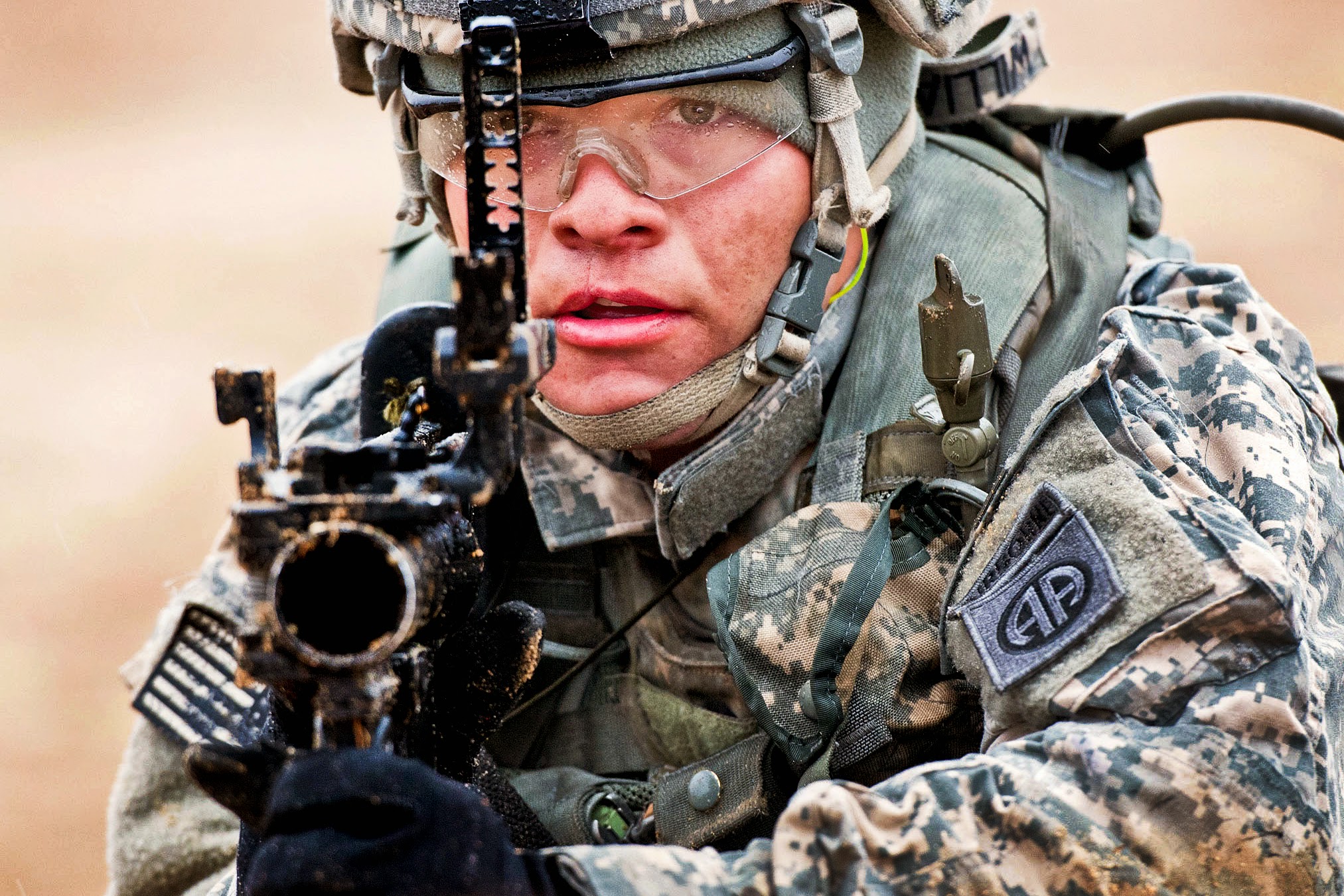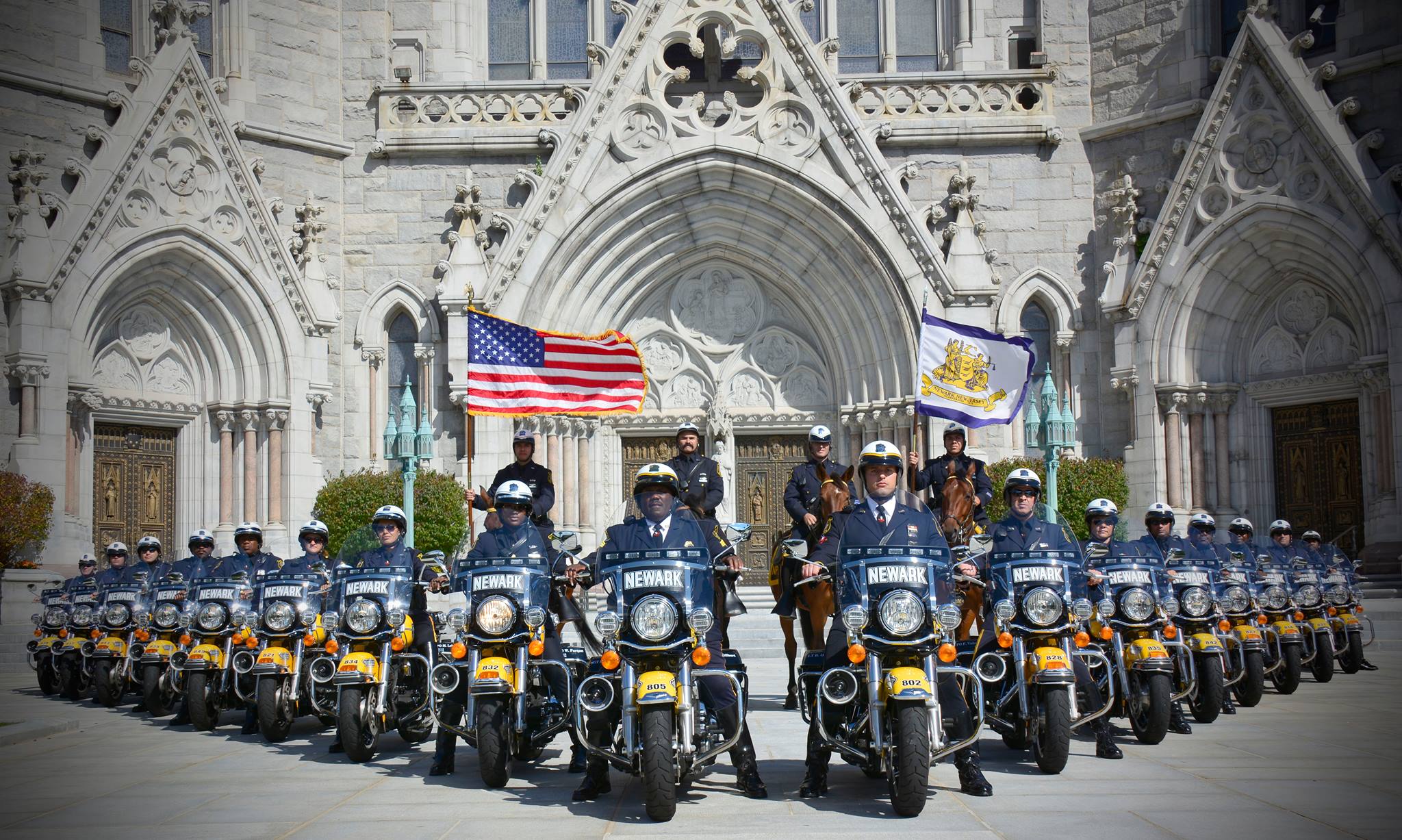Sergeant William Harvey Carney, a soldier during the American Civil War, was the first African American to be awarded the Congressional Medal of Honor. In 1900, he was awarded the Medal of Honor for his gallantry during the Battle of Fort Wagner in 1863. Because his actions preceded those of other medal honorees, he is considered to be the first African American to be granted the Medal of Honor.
Salute!
William Harvey Carney (February 29, 1840 – December 8, 1908)
The regiment gained recognition on July 18, 1863, when it spearheaded an assault on Fort Wagner near Charleston, South Carolina. At this battle, Colonel Shaw was killed, along with one-hundred and sixteen of his men. Another hundred and fifty-six were wounded or captured.
The total casualties of 272 would be the highest total for the 54th in a single engagement during the war. Although the Union was not able to take and hold the fort, the 54th was widely acclaimed for its valor, and the event helped encourage the further enlistment and mobilization of African-American troops, a key development that President Abraham Lincoln once noted as helping to secure the final victory.
Sergeant William Harvey Carney was the first African American to be awarded the Congressional Medal of Honor. Although he was not presented with the honor until nearly 37 years after his acts of bravery. Carney rescued the U.S. flag as the flag bearer fell, carrying the flag to the enemy ramparts and back, and saying “Boys, the old flag never touched the ground!” While other African-Americans had since been granted the award, Carney’s is the earliest action for which the Medal of Honor was awarded to an African-American.
Carney was born a slave in Norfolk, Virginia, but escaped to Massachusetts like his father through the Underground Railroad. They later bought the rest of the family out of slavery.
In later life, Carney was a postal employee and popular speaker at patriotic events. He died in Boston, Massachusetts, and is buried in the family plot at Oak Grove Cemetery in New Bedford, Massachusetts. Engraved on his stone monument is a gold image of the Medal of Honor.


















